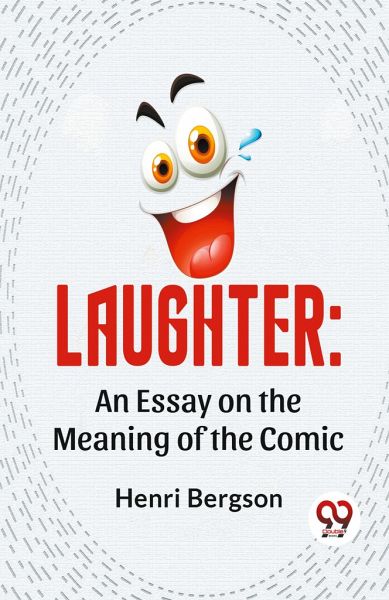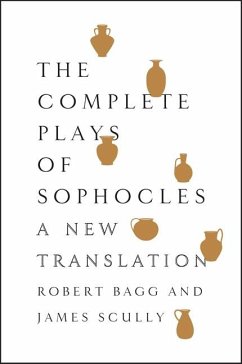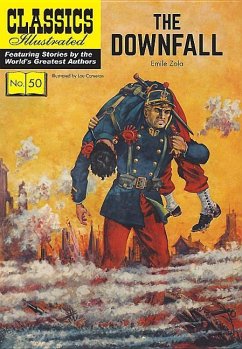
Laughter: An Essay On The Meaning Of The Comic
Versandkostenfrei!
Versandfertig in 1-2 Wochen
19,99 €
inkl. MwSt.
Weitere Ausgaben:

PAYBACK Punkte
0 °P sammeln!
Laughter: An Essay on the Meaning of the Comic' is a philosophical work written by Henri Bergson. In this influential essay, Bergson explores the nature and significance of laughter in human life. Bergson argues that laughter is a uniquely human phenomenon and seeks to uncover its underlying causes and social functions. The author delves into the comedic elements present in various situations, such as comic characters, wordplay, and incongruity. Through a blend of wit, analysis, and anecdotal examples, Bergson examines how laughter arises from the tension between rigid social norms and the inh...
Laughter: An Essay on the Meaning of the Comic' is a philosophical work written by Henri Bergson. In this influential essay, Bergson explores the nature and significance of laughter in human life. Bergson argues that laughter is a uniquely human phenomenon and seeks to uncover its underlying causes and social functions. The author delves into the comedic elements present in various situations, such as comic characters, wordplay, and incongruity. Through a blend of wit, analysis, and anecdotal examples, Bergson examines how laughter arises from the tension between rigid social norms and the inherent flexibility of human behavior. The book also addresses the psychological and physiological aspects of laughter, exploring its release of pent-up energy and its role in social bonding.





.jpg)









